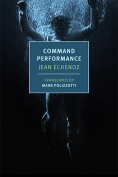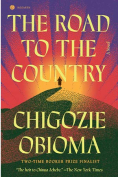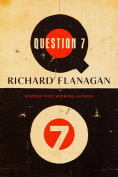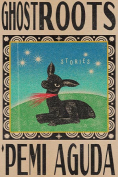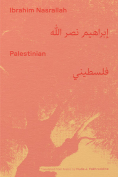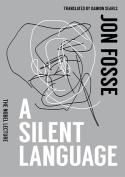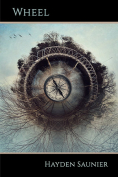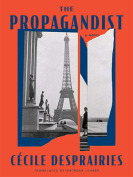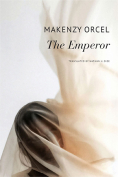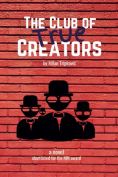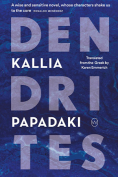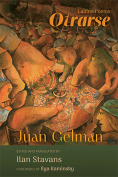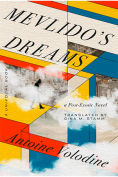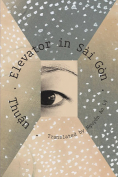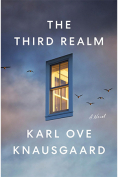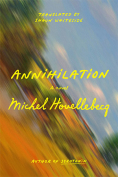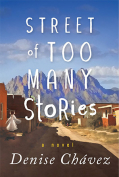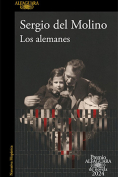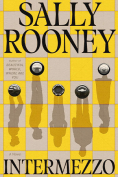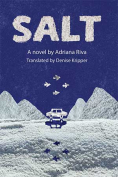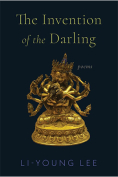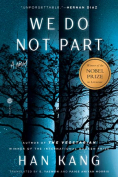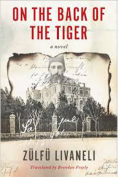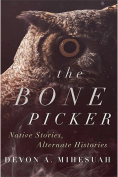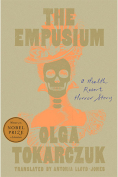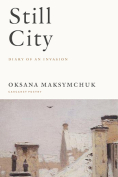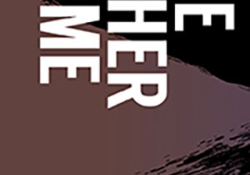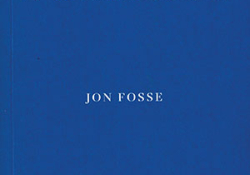A Silent Language: The Nobel Lecture by Jon Fosse
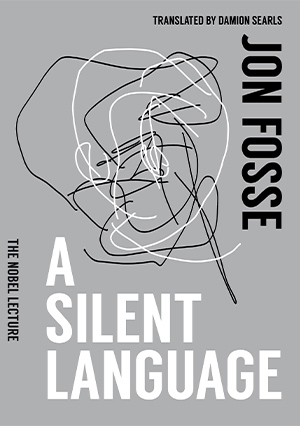 Berkeley, California. Transit Books. 2024. 48 pages.
Berkeley, California. Transit Books. 2024. 48 pages.
“For his innovative plays and prose which give voice to the unsayable” was the official rationale the Swedish Academy gave for awarding the 2023 Nobel Prize in Literature to Norwegian writer Jon Fosse. Long favored to win, the choice did not come as a surprise and was praised by many. Fosse started off his career writing fiction but first made a name for himself writing plays unusually sparse in dialogue and laden with pauses and silence—plays that would go on to make him the most staged living playwright in Europe. He returned to writing fiction, however, after converting to Christianity and giving up alcohol.
Silence similarly permeates Fosse’s fiction as it does in his plays. Minimalist, both in style and content, his novels and short stories focus on the quiet lives of normal people in the author’s native Norway. This focus has sometimes been a point of criticism, especially from those critical of Fosse’s Nobel win. Iraqi novelist Azher Jirjees, who lives in Norwegian exile, for example, has called Fosse a writer of “domestic literature” who “has no position on wars, global violence, or the oppression of peoples” and “stuffs his ears with dough against the screams of the oppressed.” And true, Fosse’s characters and settings are noticeably nondiverse.
But does good literature (today or always) really need to be political? Of course, there is an important place for literature that gives a voice to the voiceless, but, for me, literature has often appeared most powerful when it reveals beauty in the small, meaning in the seemingly trivial, and humanity in the other. Is a book not great when it unmasks our own fears and desires in lives we have never lived, cloaked in language we never uttered? The magic of literature is that it reveals the same human core in a suppressed Iraqi minority as it does in the recluse Norwegian painter of Fosse’s magnum opus, Septology (2022).
At its best, Fosse’s fiction is what Boris Pasternak saw as defining literature: “the art of discovering something extraordinary about ordinary people and saying with ordinary words something extraordinary.” But too often, Fosse’s minimalism goes too far. The ingredients for Fosse’s so-called “mystical realism” are somewhat formulaic. The setting: small-town Norway. The characters: few and tight-lipped. The style: a meandering stream of consciousness in search of closing punctuation, infused with Christian references and symbolism. Septology comprises seven parts divided into three books, often drifting into page-long ramblings about the “oneness of God and humanity” or the relationship between the Old and New Testaments. In A Shining (2023), the protagonist is led by a light that slowly guides and enwraps the man as he inches closer to death.
Fosse’s lauded experimentalism appears less innovative upon closer observation. We have known endless stream-of-consciousness sentences lasting whole chapters for some time—Joyce’s Ulysses was published a century before Septology. And obscuring the line between what is real and what is imagined, another stylistic element core to Fosse’s writing, is at this point central to many Hollywood movies, David Fincher’s Fight Club being a prominent example.
Yet the seriousness of his fiction and the use of well-proven modernist techniques place Fosse far from any accusation of being mere entertainment literature—and perhaps made Fosse a safe choice after the years of turmoil surrounding the committee of the Swedish Academy, which, at its height, resulted in the cancellation of the 2018 prize. In his Nobel Lecture, “A Silent Language,” published in 2023 by Transit Books, Fosse elaborates on what the Swedish Academy referred to as giving “voice to the unsayable.”
In Septology this silent language is what says that the first Asle and the second Asle might be the same person; this silent language is what says that the whole long novel, . . . might actually be the written expression of a single, long-drawn-out moment.
To Fosse, silent language “speaks mainly from the work as a whole.” It is the work’s implicit intimation of a possible alternative reading. Blurring the line between what is and what is not, building increasingly suggestive alternatives is where Fosse shines, be it the case of the two Asles in Septology, or the entities we encounter in the forest of A Shining, or the murders in his short story “And Then My Dog Will Come Back to Me.” It is in these existential uncertainties and how our struggles intersect with life’s difficult moments—death, loss, separation—where the complexity of Fosse’s writing lies. Doing this in the simplest of languages has been noted by many as Fosse’s main achievement. Yet his prose is not without issue.
Fosse writes in Nynorsk, the smaller of the two written Norwegian languages, and is translated into English by Damion Searls. Too often his fiction is carried by endless concatenations of repetitions, including “and then . . . and then . . . and then” or “I think . . . I think . . . I think” These might form a regular drumbeat that allows the reader to follow the 800-page single sentence that is “Septology,” but they do not condense to form beautiful prose. Some long-strung sentences or sections seem like they were taken out of a middle-schooler’s report rather than a Nobel Prize winner’s novel. From Septology: “I think, and I look at the road ahead and I feel happy, I’m so happy, so happy, and I don’t understand how I can feel such joy just from driving away from Bjørgvin, I think and I think that maybe it’s because I have a dog with me now, Bragi’s with me, I think . . .”
The contrast is quite stark when we compare a pale Fosseian passage like this with the force built by the stream of consciousness flowing in the works of Virginia Woolf—a writer who in the first half of the twentieth century was not deemed Nobel-worthy. In his Nobel speech, Fosse said he “tried to put silent speech into words.” If so, then maybe, just maybe, his prose would have fared better with a little more noise.
Felix Haas
Zurich
